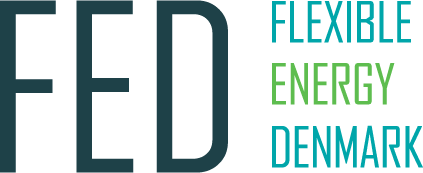The partners of Flexible Energy Denmark
The FED project brings together partners from all sections of the Danish energy sector.
We thereby establish the critical mass of knowledge and data that is required to develop the flexible and balanced energy system of the future.
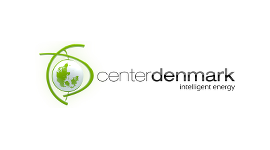
Center Denmark
Center Denmark is a national center for research, innovation, demonstration projects and dissemination of data-intelligent energy solutions that accelerate the green transition. Center Denmark will house the FED's new Living Labs - Uni-Lab.dk - and secure data, artificial intelligence and IoT solutions for the FED's Living Labs to effectively work with sector linking. That is, they are not based on just one energy form, but link them across energy forms to ensure the best possible flexibility and balance in the energy system in a future based on renewable green energy - but where production fluctuates, as the wind blows and the sun shines. Center Denmark will be able to help companies that want to test green innovative solutions.
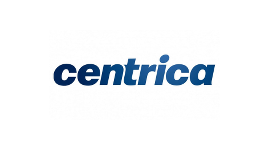
Centrica Energy Trading
Centrica Energy Trading is an international energy trading company and a balance sheet operator (BRP). CET deals with electricity, gas, certificates and related energy products throughout Europe and handles enrollment and sparring for physically flexible production and consumption in all electricity markets. Centrica Energy Trading works with its own advanced IT systems to predict, optimize and manage physical assets and trading in all electricity markets.
Through FED, Centrica Energy Trading will help develop a common intelligent data management platform.
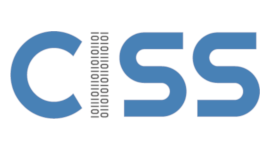
CISS (AAU)
Center for Embedded Software Systems is an internationally leading research center within modelling, analysis and optimization of intelligent embedded systems.
CISS has extensive expertise om modelling of Cyber-Physical systems like buildings, energy distribution nets and weather forecasts, and also on methods and tools to control energy systems using Cyber-Physical models and machine learning. The CISS tools will be part of the FED solutions to be applied in the FED Living Labs.
Through FED, the CISS methods and tools will be challenged through the application on real energy systems, and thereby CISS will further expand its expertise. Furthermore, the FED participation will provide a unique opportunity to provide students at all levels with experiences on how to apply research results in obtaining the UN climate goals.
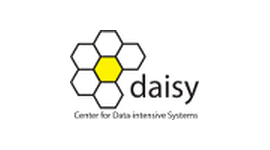
Daisy (AAU)
Center for Data-Intensive Systems (DAISY) is an internationally leading Big Data research group and the largest in Denmark. DAISY has much experience with how to handle and analyze large amounts of complex energy data. This, for example, includes the invention of so-called FlexOffers which describe flexibility in production and consumption of energy such that a clever matching of production and consumption can be made to ensure that energy is consumed at the best times, e.g., with regards to low price or CO2. This can be done in a very efficient and scalable way, handling millions of FlexOffers in near-realtime.
Another example of DAISY’s work is to make it possible to handle very big amounts of high-frequency sensor data, e.g., from wind turbines, by using approximated models of the data. This makes it possible to store and analyze much more data than today, which in turn enables earlier detection of problems with the monitored turbines.
In the FED project, DAISY will be in charge of creating a so-called data lake where many different kinds of data (mainly from the Living Labs) can be stored and analyzed efficiently. Participation in the project will thus strengthen DAISY’s research in data lakes/analytics and energy flexibility management.
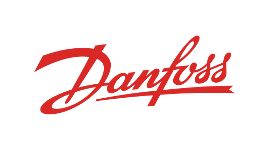
Danfoss
Danfoss is committed to spend a substantial amount of resources to develop data-intelligent solutions around energy efficiency and to adapt the cooling and heating systems to the future flexible energy system. De-carbonization of the power production is key to reduce CO2 emissions and future HVACR systems must adapt to flexibility options.
The FED project is thus highly relevant to Danfoss’ strategy and plans, and the project will be an entry to further innovation.
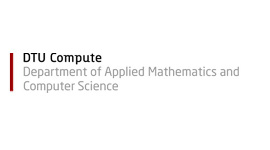
DTU Compute
DTU Compute contains the largest environment for mathematics and computer science in Denmark and covers topics from research to ICT. DTU Compute houses CITIES, the largest national research project in smart energy systems, as well as DTU Compute in the EU-supported projects SmartNet, FCoop, Smart Cities Accelerator (SCA), uGRIP, ZEN, CESI and more.
DTU Compute has identified data-intelligent energy systems as an important area of research, and thereby the FED also plays an important role. DTU Compute is involved in the development of the data lake, analysis and use of data.
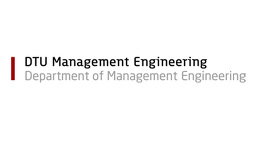
DTU Management Engineering
The Energy Systems Analysis department at DTU Management Engineering works with analyzes of energy systems, which are the cornerstone of the FED project. The department develops methods for system modelling, data analysis, information and communication technology (ICT), looks at economics and market structure as well as regulatory framework conditions.
In FED, researchers will be involved in project coordination and development of the data lake, and the department will be a key partner in developing new markets and identifying the regulatory challenges related to analyzing and using data collected through the data lake.
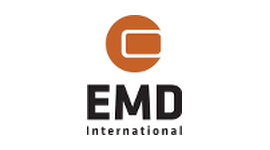
EMD International
For more than 20 years, EMD has developed software for designing decentralized energy plants (energyPRO) and for the daily market-based operation of power plants (energyTRADE). The software solutions are used worldwide by consulting companies, project developers, operations managers, educational institutions, etc. In the future, flexible decentralized energy plants will play an important role in the conversion to 100 percent renewable energy system, because of their flexibility in the form of large energy stores, they are capable to integrate a high proportion of solar and wind power.
Through participation in the FED project, EMD hopes to further develop the tools energyPRO and energyTRADE to better support the conversion to 100 percent renewable energy system while increasing the utility and value of the products.
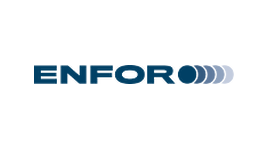
ENFOR
ENFOR provides forecasting, optimization and control solutions for the energy sector, including utilities, energy dealers, transmission and distribution system operators.
Through FED, ENFOR will test and develop the company's products within forecasting and optimization of integrated and data-intelligent energy systems - through data-driven temperature optimization, solar and wind forecasts, electric car forecasts and forecasts for charging.
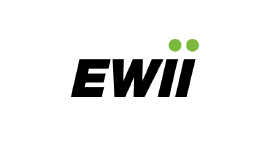
EWII
EWII is an energy company in the Triangle Region. In addition to energy consulting, within the Group's domains (electricity, water, heat and fiber) as well as sales of energy and broadband services, EWII also trades energy. In addition, EWII owns a number of wind farms. EWII is facing a major fiber rollout project, with fiber being rolled out to all households in the Triangle Region. With fiber on the way, digitization is at the top of the agenda at EWII.
Through FED, EWII expects to gain access to strategically important knowledge to make long-term decisions related to a multi-utility company.

FlexShape ApS
FlexShape (Daisy spin-out) delivers solutions and apps for managing energy flexibility in smart energy communities based on Big Data, IoT, Machine learning / AI and blockchain. The products draw on real-time data and weather forecasts for the next five days.
The products target both private households, small and medium-sized businesses and large industrial companies interested in selling and buying green energy to increase flexible consumption in the local area. Another target group is energy companies that need an overview of how to deal with and manage the local area's energy needs, production and flexibility. Through FED, FlexShape hopes to develop and improve its products and test them in collaboration with relevant business partners.

Fredericia Fjernvarme
Fredericia District Heating is a cooperative, where the cooperatives are the 7,360 owners of properties connected to the district heating supply. By the Heat Supply Act, the company operates according to the 'non-profit' principle. The company covers more than 95 per cent of the heat consumption in the supply area. The trend towards green and fossil-free district heating has been strong in recent years. As of year-end 2017/18, district heating is based on 95% fossil-free sources in the form of surplus heat and cogeneration based on wood chips.
Participation in the FED will allow Fredericia District Heating to test and utilize the ability of the local district heating system, ie. the interaction between wiring and buildings, to act as short-term storage in a total energy system, so it is possible to get quantified flexibility on the consumption side.
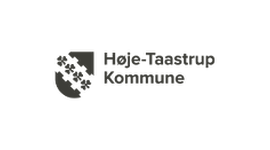
Høje-Taastrup Municipality
Høje-Taastrup Municipality is preparing the third generation of an ambitious strategy and action plan for the green transition and to achieve net-zero CO2 emissions in 2050 and with ambitious goals in 2030. The municipality works broadly with the green transition, including renewable energy in the electricity and heat supply, energy savings and energy efficiency and green conversion in the transport area. A special focus area is the goal of energy-efficient municipal buildings with good indoor climate, where especially primary schools and institutions have high priority and have great potential for energy efficiency.
In the FED project, the objective of the municipality of Høje-Taastrup in collaboration with knowledge institutions, private companies and other public partners is to analyze, develop and demonstrate innovative solutions for energy-efficient buildings and a flexible energy system.
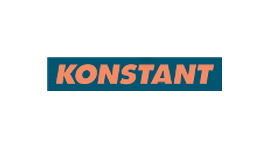
KONSTANT
KONSTANT Net A/S is a subsidiary of the NRGi Group, which is one of Denmark's largest consumer-owned energy companies with approximately 225,000 shareholders. KONSTANT's supply area is in East Jutland where the primary task is to operate, monitor, maintain and expand the electricity supply network so that constant and high security of supply is maintained by the individual consumer. In connection with the operation of the electricity supply network, KONSTANT always focuses on operating the grid technically and economically optimally, to create the greatest possible value for the cooperatives.
Through the FED project, KONSTANT wants to know what data needs and functions our future electricity meters and MDM systems must support to create the most value for our stakeholders so that they can make sustainable investments. The FED project will also help to find out how new data and knowledge internally within KONSTANT can optimize and streamline work processes and ensure good asset management.
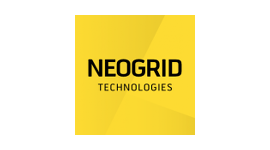
Neogrid Technologies ApS
Neogrid Technologies ApS is a cleantech company that works with intelligent energy visualization, monitoring and control. Through living lab demonstration of flexible demand/response in buildings, Neogrid expects to further develop its PreHEAT solution to enable apartment construction and private housing to help ensure a balanced district heating network and adapt to market production. PreHEAT is an intelligent and self-learning forecast-based solution that looks ahead in time and controls energy consumption on weather forecasts and knowledge of the house.
Through FED, Neogrid Technologies expects to significantly increase sales and staff numbers by connecting PreHEAT with other services.
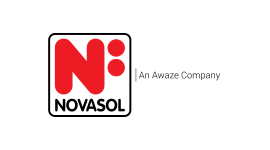
NOVASOL Blåvand
NOVASOL is a holiday rental agency with over 900 holiday homes in Denmark with an indoor pool. The location of the holiday homes near the coast combined with expensive electric heating of their swimming pool makes it obvious to use them to show how the FED project can take advantage of flexibility in the electricity grid. Initially, NOVASOL concentrates on solutions that save electricity, reduce CO2 and reduce electricity costs by offering flexibility in the distribution network, so there is a better balance between production and consumption of green energy. Later, NOVASOL will extend the FED solution to holiday homes at a European level.

Center for Energy Informatics (SDU)
CEI is an interdisciplinary research, development and innovation center. The center has extensive knowledge and experience in creating innovative ICT solutions for the smart energy sector. CEI’s key competences are with ICT-based solutions for smart buildings and smart-energy business ecosystems.
Participation in the project will strengthen CEI’s ongoing research in the use of data for utilizing the intrinsic energy flexibility of buildings and for integrating buildings with the utility grids.

Tomorrow
Tomorrow is a software company that develops algorithms that can be used to predict how much the power system's carbon footprint is in real-time as well as for the next 48 hours. Tomorrow is also developing an app that tells users what their personal carbon footprint is.
Tomorrow's products will help FED's living labs consumers to measure and optimize their consumption patterns to reduce their CO2 emissions. Tomorrow expects through the Fed to gain greater knowledge of the electricity and heating system, as well as to develop new commercial products, expand its network and find potential partners.
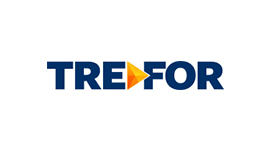
TREFOR
TREFOR supplies 140,000 customers in the Triangle Region with electricity, water and district heating. Digitization, flexibility, automation and intelligent investment are keywords that require solid and credible knowledge.
Through the FED project, TREFOR expects to gain knowledge and tools for planning the power grid to enable it to handle the significantly increased load that is a consequence of the green transition.
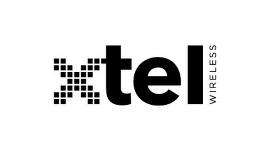
Xtel Wireless ApS
Xtel Wireless mainly produces Internet of Things (IoT) products and sensors for corporate customers across different industries. The company runs its own product development that runs across innovation, design, the actual product development for final market launch.
Over the years, Xtel has built an IoT technology platform that brings together various IoT wireless technologies, hardware, software, as well as cloud and user interfaces. These are the knowledge and tools that Xtel expects will be valuable for the FED project.
Through FED, Xtel expects to develop the company's current indoor climate solutions with new sensors as access to more data will give a greater knowledge of the air quality in the rooms and places being measured.
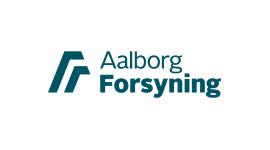
Aalborg Energi Holding
Aalborg Energi Holding A/S (AEH) is a multi-utility company, which provides the inhabitants of Aalborg Municipality with district heating, district cooling, natural gas and city gas.
By using the tools for flexibility developed by the FED project, AEH expects to be able to increase the overall share of renewables in the district heating system from 40% to 70% in 2025 while at the same time also contributing to a more balanced electricity grid.

Aarhus University
The Section for Civil and Architectural Engineering at Department of Engineering, Aarhus University, focus on the design, construction, and maintenance of the physical and naturally built environment as well as on engineering principles and technology to building design. Research in Civil and Architectural Engineering is carried out in five key areas; Building Design, Building Physics, Construction Management, Construction Materials & Geotechnics and Structural Engineering and Mechanics.
In the FED project AU contributes with knowledge and long-standing experience in research-based development of technologies for realization of heating energy-flexible buildings. The goal is to collaborate with industrial partners to develop a plug-and-play technology solution that utilizes the thermal mass of single-family houses as “heat battery” in order to increase the efficiency of district heating systems while maintaining optimal comfort for building occupants.
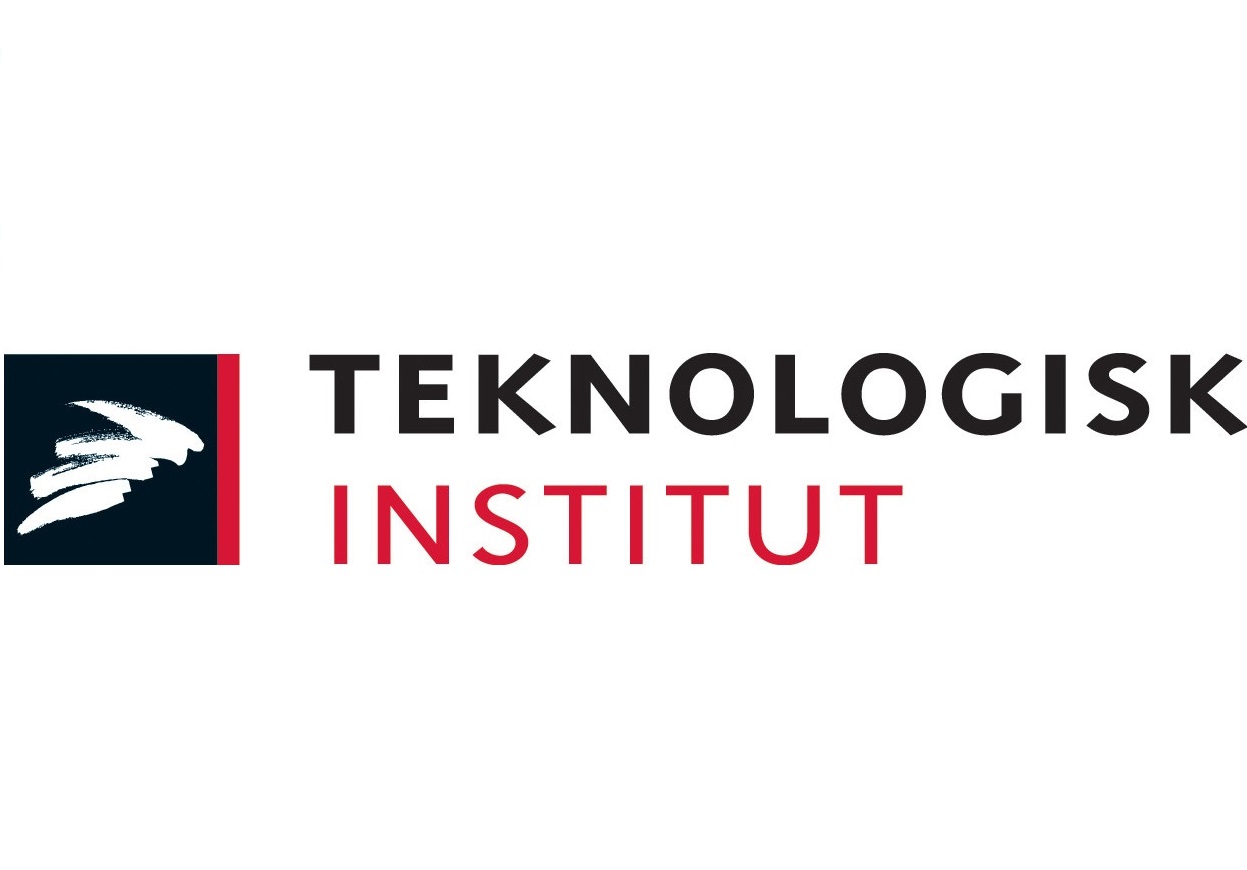
Danish Technological Institute develop green, highly competitive solutions within energy efficiency, sustainable energy, intelligent energy systems, climate protection, transport and electrical systems in collaboration with danish and international companies and research institutions. DTI focus heavily on flexible, digital production, based on enhanced competitiveness and sustainability.
DTI has a strong interest in collecting real time energy data in industrial, transport and building applications. The collected data will be used in the EnergyFlexLab to simulate and model real life operation of integrated energy components to demonstrate the flexibility potential of these integrated systems. Further DTI will collaborate with Center Denmark and DTU to develop control and flexibility algorithms for integrated systems.
